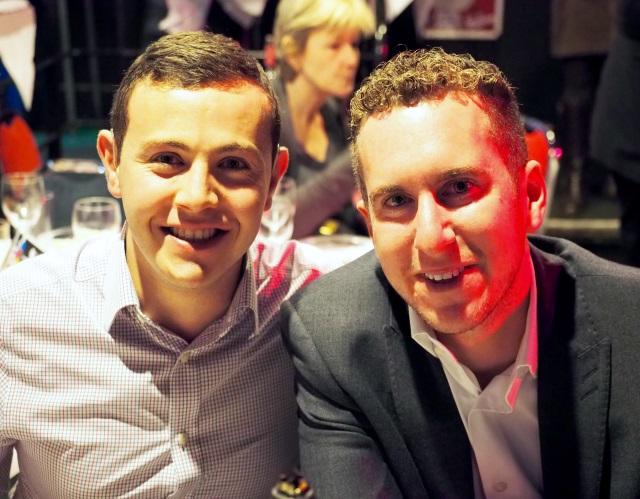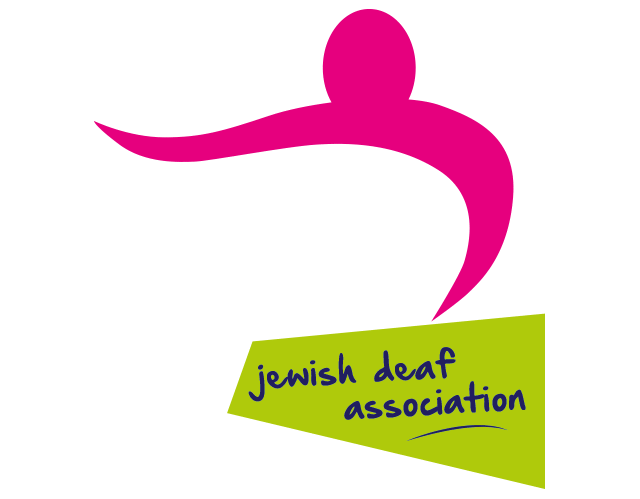Links

Busting finance jargon for young Deaf people - Charity alliance create first ever visual BSL money dictionary
A charity has created the UK’s first British Sign Language financial jargon buster video to help young people with hearing loss navigate the maze of money terms.
Last year a Money Advice Service investigation found there is next to no financial education provision for young people with hearing or sight loss and many services are ill suited to their needs.
70% of those with sight loss live on the poverty line and just 29% of young people who are blind or Deaf manage their own finances.
The video is a taste of Money Mechanics, the UK’s first dedicated specialist money skills programme for 16-25 year olds with sensory impairments. Over a thousand young people will learn how to budget, bank and borrow safely, in their first languages. Young participants will also get to understand the costs of university and how to run their own enterprise. It is envisaged that other youth organisations could be trained to deliver the programmes.
The scheme was created by the charities MyBnk, The Royal Association for Deaf people (RAD) and the Royal Society of Blind Children (RSBC) and funded by players of People’s Postcode Lottery.
If you would like to visit a session, please contact 020 3581 9920
Sue Mountford, Director of Services at the Royal Association for Deaf people, explained the difficulty of the task:
“Not all money related terms are in British Sign Language (BSL), or have attached definitions. In BSL there isn’t a specific sign for each word in the English dictionary. Sometimes we have to borrow signs from other regions/countries. Whilst many of these words are used every day in the finance sector - in most cases we have to visually define the words.
This is a perfect example to how we are breaking down the barriers to young people managing their money.”
Guy Rigden, CEO of MyBnk said:
“Everyone needs to manage their money. It is just common sense. However, if you are young and have a sensory impairment, there is a double disadvantage.
This project will have a lifetime impact on the everyday interactions of vulnerable young people, be it budgeting, understanding bills, prioritising debts or earning money, as well as on their aspirations for the future, for example considering university, starting their own business, or moving into their own home. It’s about making finance accessible for all.”
RSBC chief executive, Dr Tom Pey said:
“Our shared experience has proved time and again that Deaf and blind young people are not being supported at school to grasp the fundamentals of handling money. This gap in their knowledge creates barriers to their economic and social independence. Money Mechanics will make sure young people with sensory impairment has the knowledge and skills they needed to deal with their finances effectively and independently.”
Featured terms:
- University - University is a place of higher education.
- Loan agreement - A loan agreement is made between you and a company where you borrow money.
- Student loan - A student loan is money you borrow from the government.
- A bursary - A bursary is a type of loan that you don't have to pay back.
- Gross pay - Gross pay is all of your wages, before you're taxed.
- Net pay - Net pay is your wages you receive after tax, which you keep in your pockets.
- Interest (bad) - Interest is money that you may have borrowed from the bank, and there's a % you need to pay back.
- Interest. (Good) - Interest is money that you may have put away in your savings account and you get a little bit on top.
- Credit card - A credit card is money that you borrow for an instant payment.
- Debit card - A debit card is card that you pay for things with.
- Tax free threshold - Tax free threshold means that if you earn above £11,500 then it means unfortunately you need to pay tax. However if your under that amount you don't have to pay tax.
- A mortgage - A mortgage is a type of loan to buy a property.
